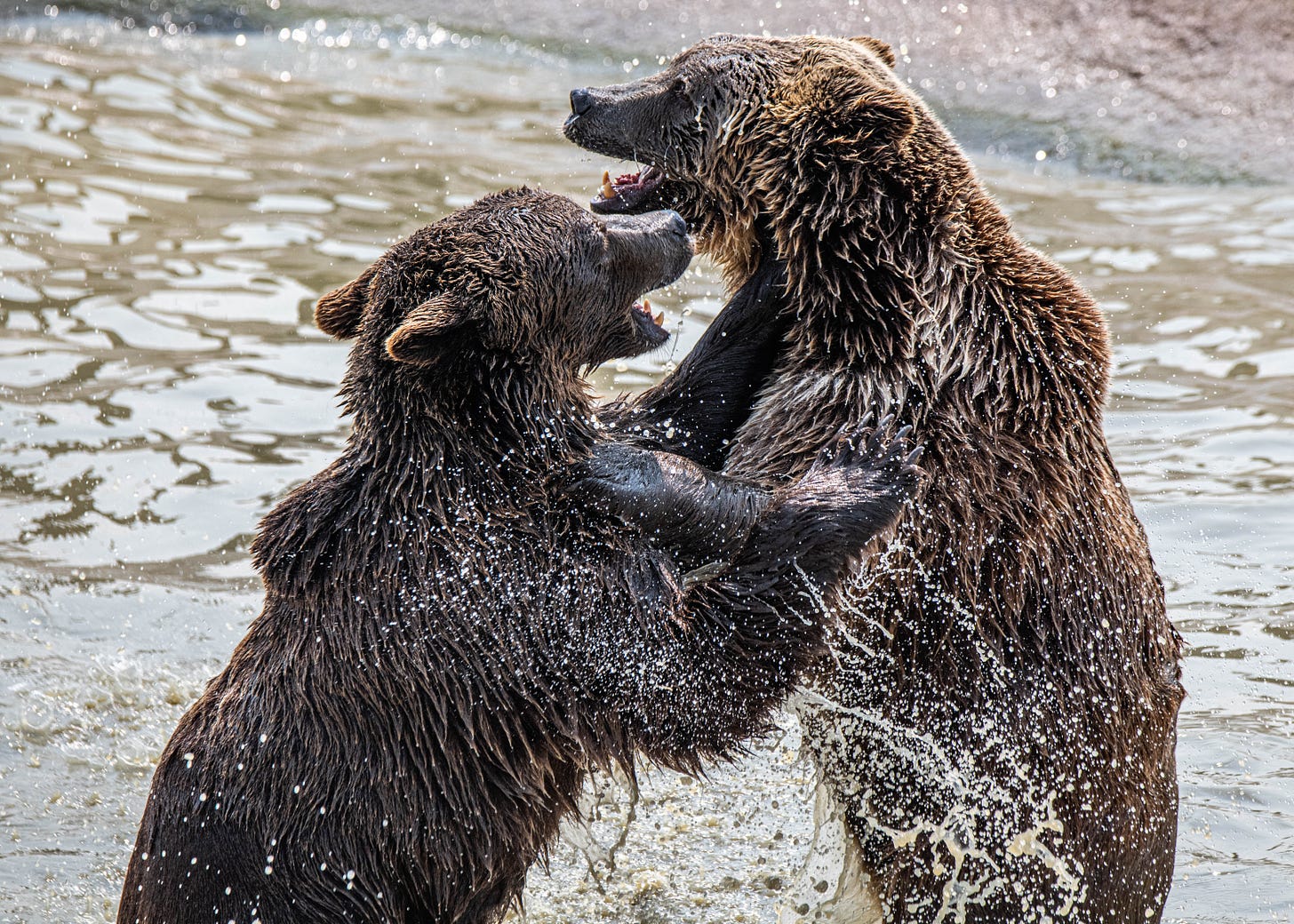Many leaders have difficulty dealing with people in conflict.
The majority of people avoid conflict—they don’t want the drama, the stress, the negative emotions. However, some people actually enjoy conflict—they like the energy, the chance to win, and the sense of power or resolution it brings. And many of them don’t even think of these interactions as “conflict”—they tend to be high-energy, direct (even abrupt) communicators, and they just see it as “cutting to the chase” or “clearing the air.” It doesn’t bother them to have raised voices and intensity in a discussion, and it may never have occurred to them that it genuinely impacts other people differently.
As leaders, we need to diffuse potential conflict situations. Part of that is recognizing when other people are upset or could be upset, which requires empathy and reading nonverbal cues. If we ourselves are the “high-energy, cut-to-the-chase” people, we need to keep that energy “on a leash” when dealing with less-intense people. Once we have our own intensity on a leash, we need to find ways to rein in the firehose of intensity that someone else may be spraying around.
One effective way is to lower your voice and quietly, slowly, deliberately say, “no” or “that won’t work.” Don’t yell it; keep the volume down, but infuse it with quiet intensity. Keep eye contact, if possible. Expect the person to then “flare” at you, e.g. “WHAT DO YOU MEAN IT WON’T WORK?!?!” Keep eye contact; keep your volume low, and give a “bullet-point” short-phrase response, such as “We don’t have that much in the budget” or “the client doesn’t want that” or “I don’t want us to get sued.” Save the details—the details won’t persuade when someone is firehosing intensity around the conference room.
Your heart might be pounding like crazy, and you might feel like you are shaking, but stay still and keep eye contact, and be ready to vector the person to another course of action. “X won’t work, but Y will.” Keep their focus on you to protect your people—some people avoid conflict on their own behalf, but find their strength when they are protecting others.



